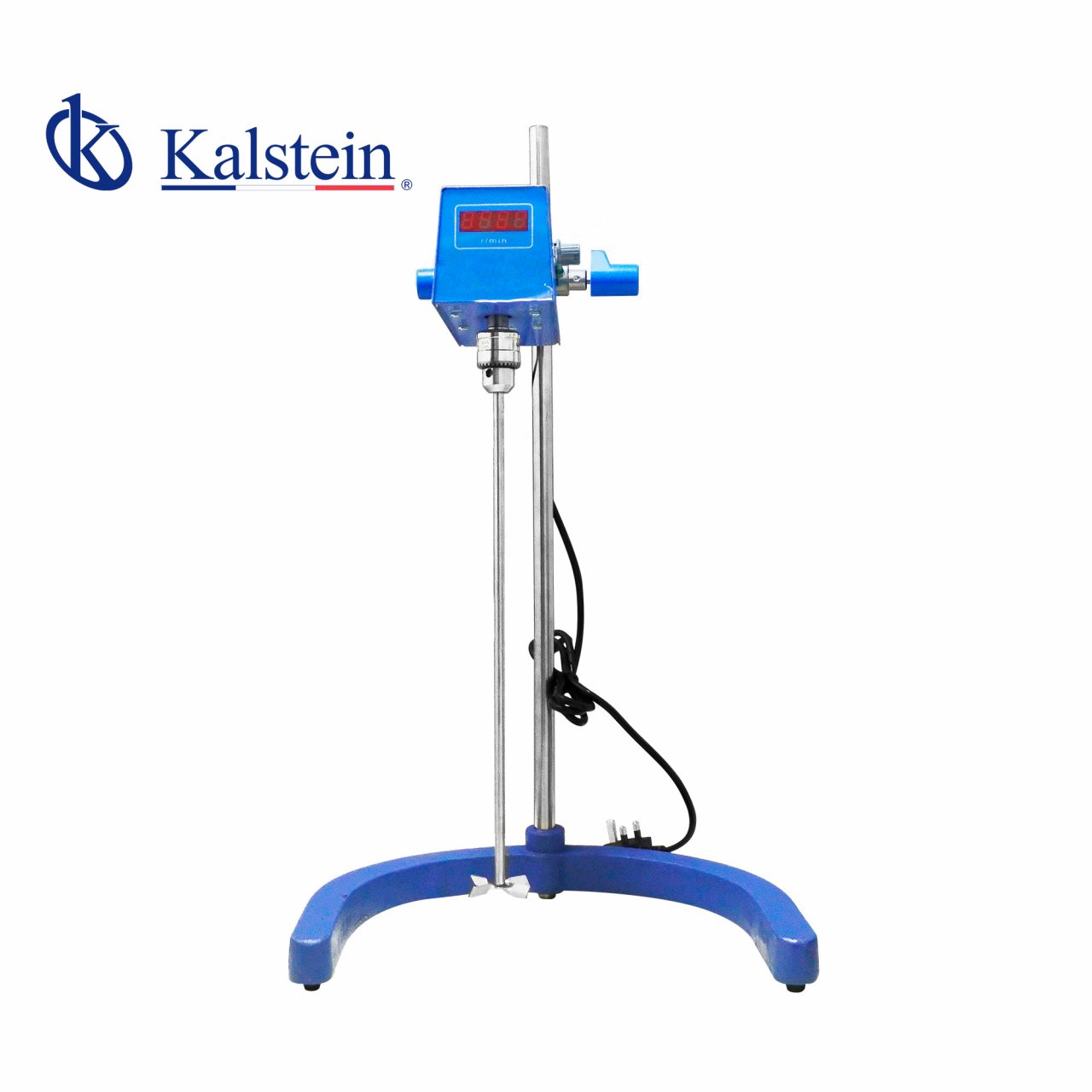In most laboratories, one of the initial steps in the process of analyzing a sample is the homogenization of the same. In some cases, the material that is received in the laboratory can be immediately sent for culture or any other analysis. In other circumstances, the material has different characteristics that can interfere with the analysis and promote the obtaining of erroneous results. These qualities of the sample are due to its physical or chemical properties, such as hardness, sugar content, fat or moisture.
To avoid analytical errors, the sample must be prepared or modified prior to analysis. During this process, homogenization is carried out, an action that allows the sample to present the same characteristics throughout the substance. For this, the mixing of different insoluble phases is performed, to obtain a soluble suspension or emulsion. In some cases, inclusion of a surfactant, which does not result in qualitative or quantitative changes in the sample, is required.
The homogenization of samples is used in different disciplines such as agricultural sciences, molecular biology, food technology, among others. For example, the bromatological analysis of seeds and grasses requires that the sample that arrives at the laboratory, be homogenized. The same procedure should be performed when nucleic acids are to be extracted from portions of plant, animal or human tissue.
Types of homogenizers
- Jug homogenizers.
- Stem homogenizers with propeller.
- Paddle homogenizers.
- Ultrasonic homogenizers.
The first two require thorough cleaning before each homogenization and in case of a microbiology or molecular biology laboratory, they will need sterilization. This could mean a bottleneck in those laboratories where many samples are received.
Another aspect to keep in mind is that during their operation, they produce aerosols, so their use in microbiology laboratories, should be monitored. In addition, the homogenization process can be aggressive for some types of samples.
Paddle homogenizers do not present these disadvantages, because the sample is placed in sterile bags that will be beaten rhythmically, by the paddles of the equipment. Do not require cleaning between samples, only a new bag is used.
Ultrasonic homogenizers are suitable equipment for small and soft elements. They use high-pressure homogenization valves through which the liquid passes. These computers produce suspensions, dispersions, and emulsions in a stable manner.
Advantages of ultrasonic homogenizers in biotechnology laboratories
In addition to the stable production of suspensions, dispersions and emulsions, these equipments are valuable in laboratories dedicated to cellular and molecular biology, because they facilitate the fractionation of tissues and the production of intracellular and intranuclear compounds, such as DNA and RNA nucleic acids.
The homogenization performed by this type of equipment is based on cavitation. Phenomenon in which microbubbles are produced that when collapsing, generate high pressures and fluid currents with high velocity. This turbulence leads to fragmentation of particle agglomerates.
During tissue fractionation, osmotic damage can be prevented with an isotonic buffer solution. In addition, these equipment facilitate the adjustment and control of the variables involved in the process, e.g. amplitude, power, time, temperature and pressure.
The possibility of controlling the temperature will favor the maintenance of tissue samples that are in processing, in a temperature range that will avoid denaturation of nucleic acids.
Kalstein homogenizers
At Kalstein we offer stem and ultrasonic homogenizers, from the YR series. You can choose the one most appropriate for your laboratory’s needs. Kalstein ultrasonic devices have a touch screen, automatic sample temperature monitoring and an alarm system in case of risky temperature increases. These devices allow the configuration of the power from 1 to 100 %. In addition, they can communicate with a computer or print the data. For more information on Kalstein homogenizers, visit HERE
We are manufacturers, so in Kalstein you can make the purchase of laboratory homogenizers at advantageous prices. For more detailed information, visit HERE

